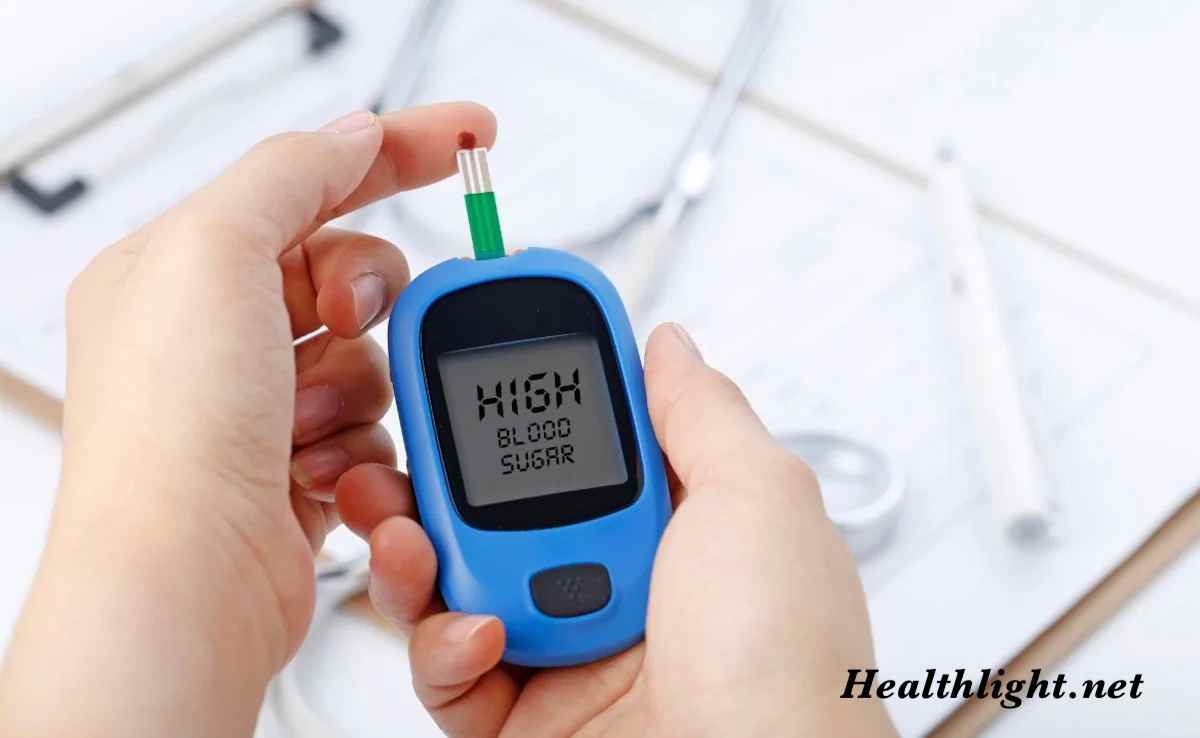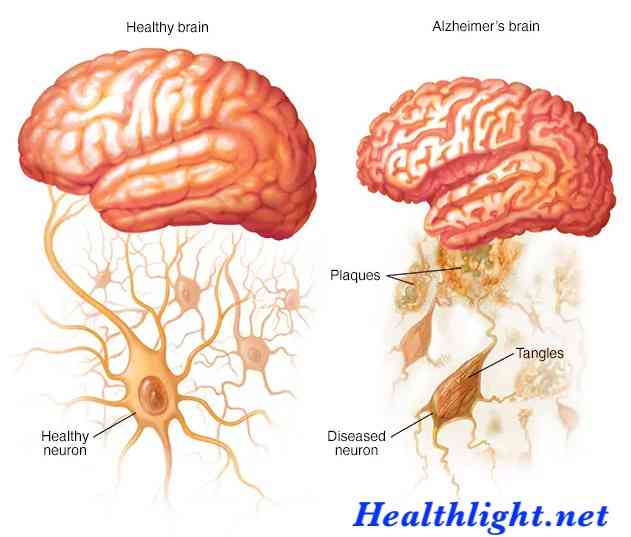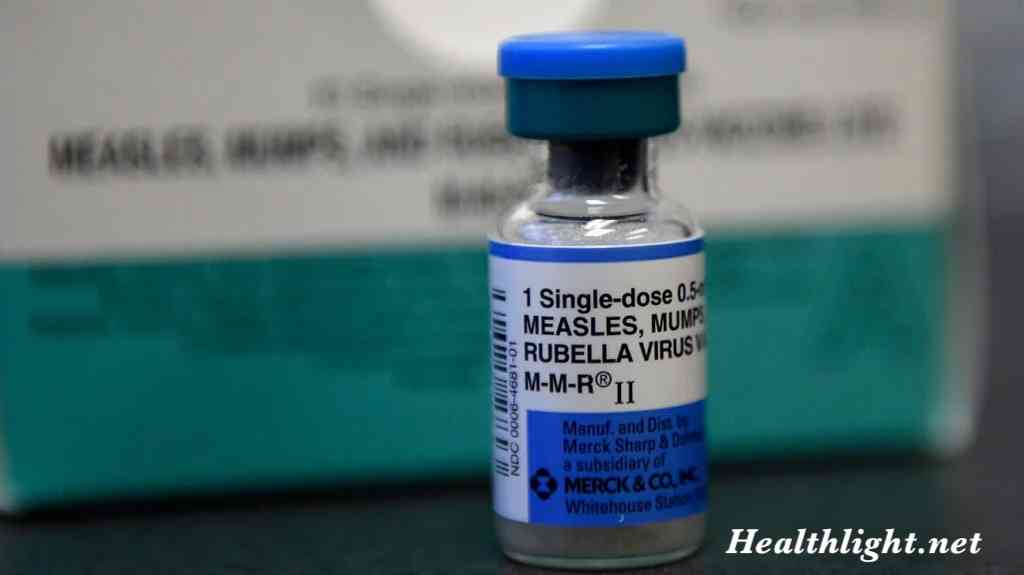Diabetes is one of the most common chronic health conditions in the world, affecting millions of people across different age groups. It occurs when the body cannot properly regulate blood sugar (glucose), which is the primary source of energy for our cells. If not managed, diabetes can lead to serious health complications, including heart disease, kidney failure, vision problems, and nerve damage.
In this article, we’ll explore the causes, symptoms, and treatment options for diabetes, while also discussing prevention strategies and lifestyle adjustments that can make a significant difference.
What Is Diabetes?
Diabetes is a metabolic disorder characterized by high blood sugar levels (hyperglycemia). Normally, the hormone insulin helps transport glucose from the bloodstream into the cells for energy. In diabetes, either the body does not produce enough insulin, or it cannot use insulin effectively.
There are several types of diabetes, but the most common are:
Type 1 Diabetes:
An autoimmune condition where the immune system attacks insulin-producing cells in the pancreas.
Type 2 Diabetes:
The most common form, caused by insulin resistance and lifestyle factors such as obesity and inactivity.
Gestational Diabetes:
Occurs during pregnancy and may resolve after childbirth, though it increases future risk of type 2 diabetes.
Causes of Diabetes:
The causes of diabetes vary depending on the type:
Type 1 Diabetes Causes:
- Autoimmune reaction that destroys pancreatic beta cells.
- Genetic predisposition and family history.
- Possible environmental triggers (e.g., viral infections).
Type 2 Diabetes Causes:
- Insulin resistance where cells fail to respond to insulin.
- Overweight or obesity, especially abdominal fat.
- Sedentary lifestyle and poor diet.
- Family history of diabetes.
- Age (risk increases after 40, though now common in younger adults).
Gestational Diabetes Causes:
- Hormonal changes during pregnancy that increase insulin resistance.
- Being overweight before pregnancy.
- Family history of type 2 diabetes.
Common Symptoms of Diabetes:
The symptoms of diabetes can develop gradually, especially in type 2 diabetes, and may go unnoticed for years. Some key symptoms include:
- Frequent urination (polyuria).
- Excessive thirst (polydipsia).
- Extreme hunger (polyphagia).
- Unexplained weight loss (more common in type 1 diabetes).
- Fatigue and weakness.
- Blurred vision.
- Slow healing of wounds.
- Tingling or numbness in hands and feet (neuropathy).
In severe cases, untreated diabetes can lead to diabetic ketoacidosis (DKA) in type 1 or hyperosmolar hyperglycemic state (HHS) in type 2, both of which are medical emergencies.
Complications of Diabetes:
Uncontrolled diabetes can cause long-term complications, such as:
- Cardiovascular disease: Increased risk of heart attack and stroke.
- Kidney damage (diabetic nephropathy).
- Eye problems (diabetic retinopathy, cataracts, glaucoma).
- Nerve damage (diabetic neuropathy).
- Foot problems: Ulcers and infections that may lead to amputation.
Diagnosis of Diabetes:
Doctors use several tests to diagnose diabetes:
- Fasting Blood Sugar Test: Blood glucose measured after fasting for at least 8 hours.
- HbA1c Test: Reflects average blood sugar over the past 2–3 months.
- Oral Glucose Tolerance Test (OGTT): Measures blood sugar before and after consuming a glucose-rich drink.
- Random Blood Sugar Test: Taken anytime regardless of meals.
Treatment for Diabetes:
Treatment depends on the type of diabetes and the severity of the condition.
Type 1 Diabetes Treatment:
- Insulin therapy is essential (via injections or insulin pump).
- Continuous blood glucose monitoring.
- Healthy diet with controlled carbohydrate intake.
- Regular physical activity.
Type 2 Diabetes Treatment:
- Lifestyle modifications: balanced diet, exercise, weight management.
- Oral medications such as Metformin, Sulfonylureas, DPP-4 inhibitors, or SGLT2 inhibitors.
- In advanced cases, insulin injections may be required.
Gestational Diabetes Treatment:
- Regular monitoring of blood sugar levels.
- Special diet and physical activity during pregnancy.
- Insulin therapy in some cases.
Lifestyle Tips to Manage Diabetes:
- Eat a balanced diet rich in fiber, whole grains, lean proteins, fruits, and vegetables.
- Avoid sugary drinks and processed foods.
- Exercise for at least 30 minutes a day, five times a week.
- Maintain a healthy body weight.
- Quit smoking and reduce alcohol consumption.
- Monitor blood sugar regularly as advised by a doctor.
Prevention of Diabetes:
While type 1 diabetes cannot be prevented, type 2 diabetes and gestational diabetes can often be delayed or prevented by.
- Maintaining a healthy weight.
- Following a nutritious diet.
- Staying physically active.
- Getting regular health check-ups.
- Managing stress and sleeping well.
Living With Diabetes:
Being diagnosed with diabetes is life-changing, but it does not mean you cannot live well. With proper treatment, regular check-ups, and a support system of healthcare providers, family, and friends, most people with diabetes lead long, active, and fulfilling lives.
Final Words:
Diabetes is a growing global health concern, but with early diagnosis, proper treatment, and lifestyle management, individuals can live long and healthy lives. Advances in medicine, such as insulin pumps, continuous glucose monitors, and new drug therapies, are making diabetes management easier than ever before.
Whether you’re looking to prevent diabetes, manage it effectively, or support a loved one, the key lies in awareness, lifestyle changes, and consistent medical care.







